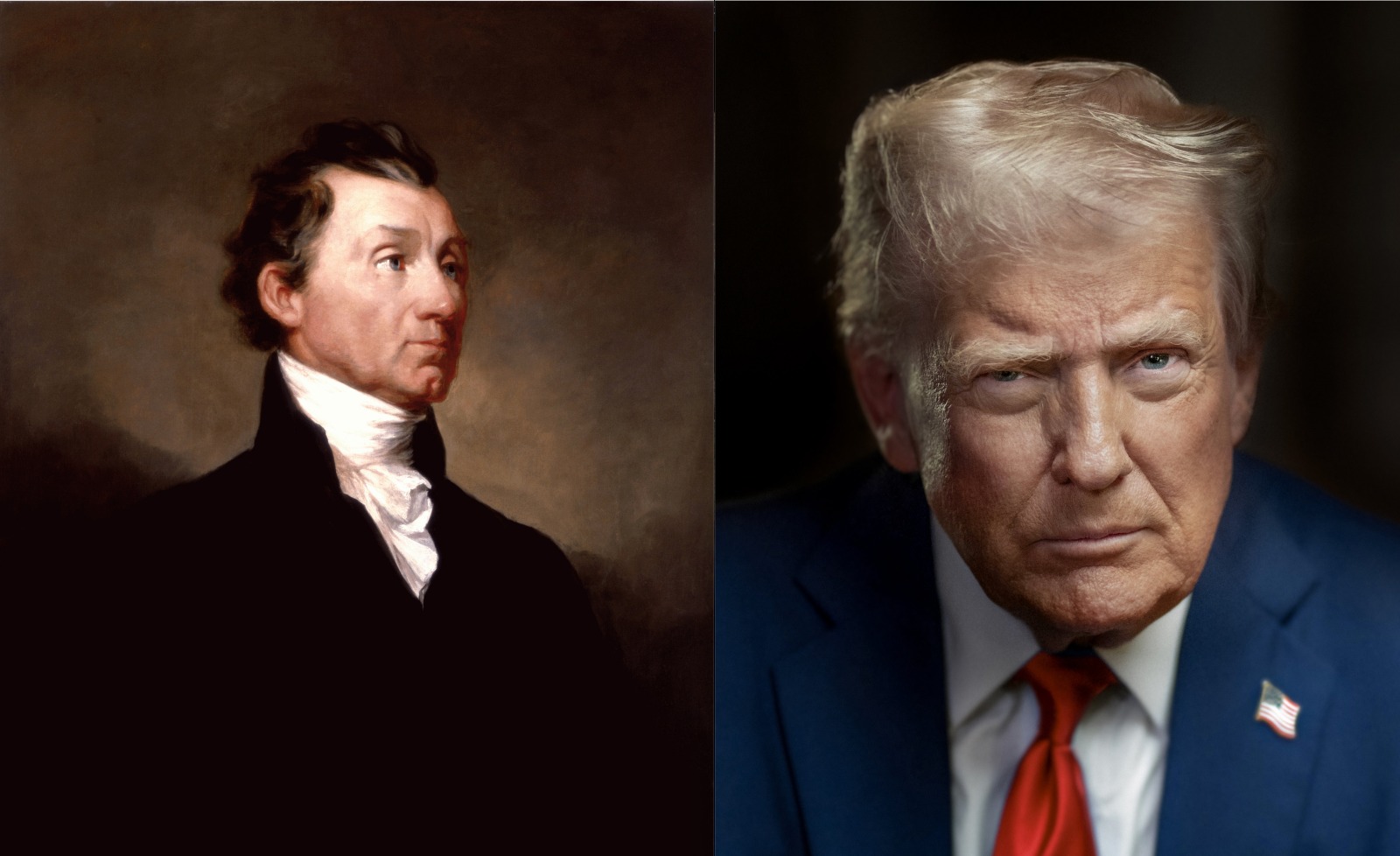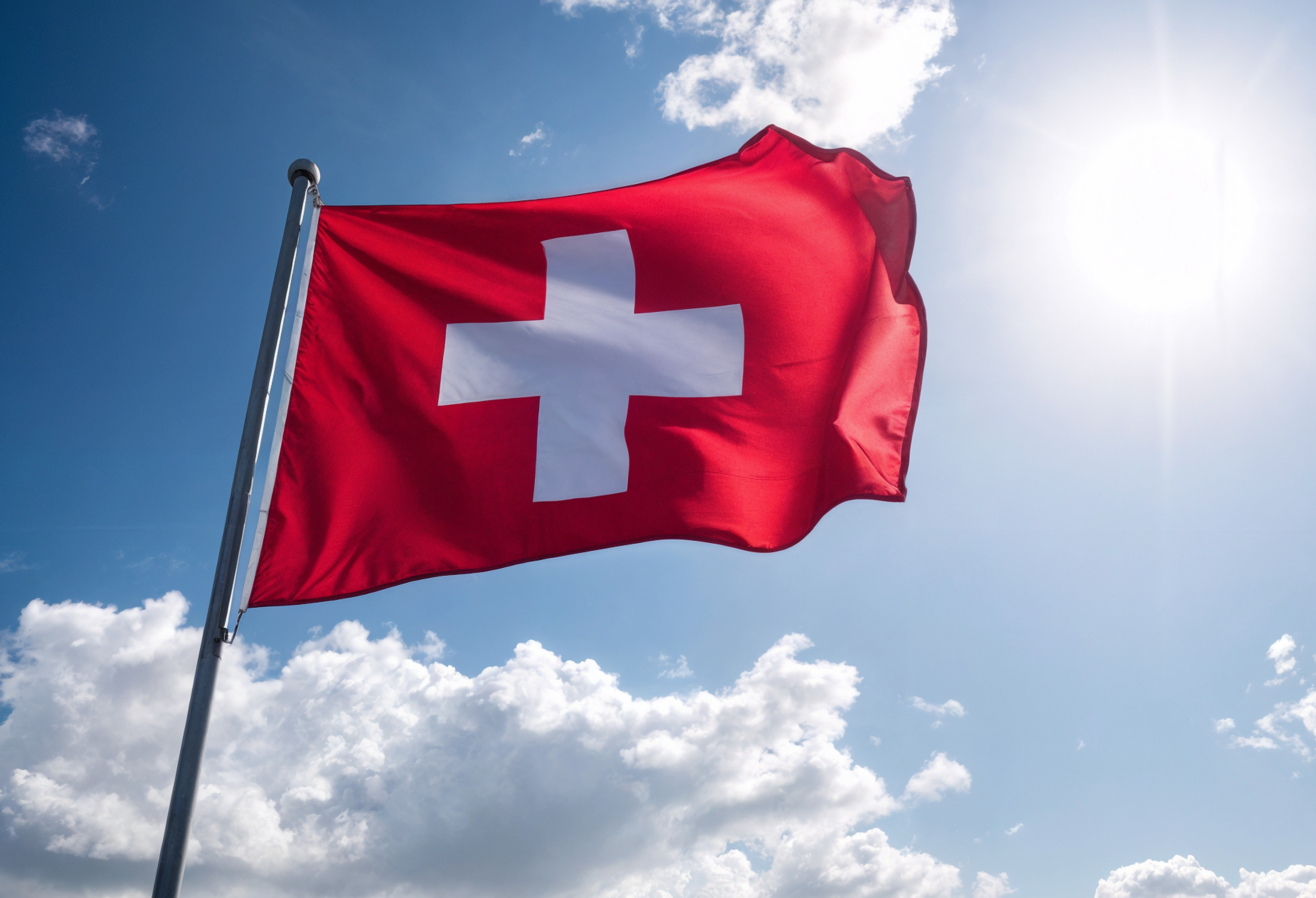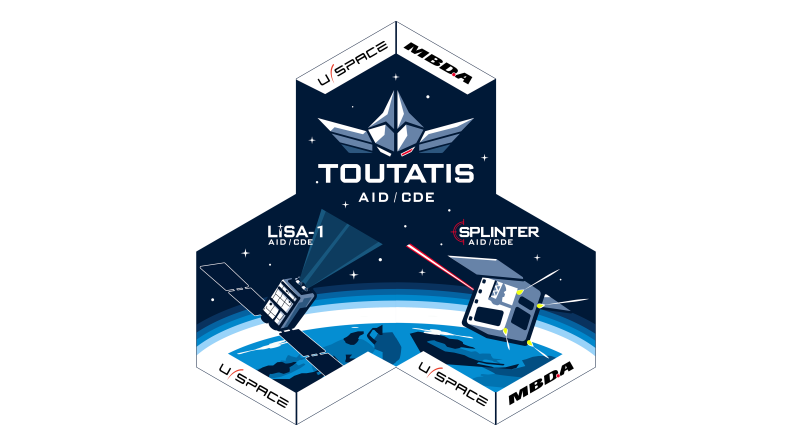Abstracts
Articles in the French edition of RDN this month
The great arab spring - Ahmed Ounaïes
Eastern Europe’s democratic transition at the end of the Cold War gives some useful pointers to the process which is starting in some Arab societies. It will take time to establish liberalism and security, but countries such as Tunisia and Egypt already have the basic economic framework of liberal development. Political modernization is now the priority; this alone will allow Arab societies to meet the challenges of the twenty-first century.
A political journey with responsibility for defence - Lionel Jospin
In this personal memoir of a recent past, the former cohabitation Prime Minister shows us how the responsibility for national defence was exercised at the highest level of the State during a complex period which, moreover, included the resort to force as part of a military coalition.
Which financial framework for developing a european military capability? - Patrice Cardot
The defence, space and armaments sectors of the European Union are under-financed, with the current financial climate offering little hope of any improvement. The author pleads for a new Europe-wide financial approach, which would be capable of supplying both national defence systems and the ESDP with the additional resources they need.
A systematic approach to responsibility - Pierre Vandier
This article reflects on individual military responsibility and combat in a high-technology environment, noting their limits and challenges. The respective roles of the organization, the system and the operator are examined, as are the new relationships between the officer, combat action and technology.
The flowering of india - Patrick Hébrard
In affirming its Asiatic ambitions, India is building a strategic identity through a series of regional power balances which integrate both Russian and American allies. Her position as a regional pivot is allowing the country progressively to assert a pro-active strategic posture, supported by widening democracy and a developing economy.
India: emergence or strategic renaissance? - Jean-Luc Racine
India’s modern history and marked diversity are the principal drivers in developing its strong strategic potential. Economic dynamism, American reassurance and acceptance of its environment all play a part in consolidating its Asian identity.
Emergent India in its strategic environment - Guillem Monsonis
The author shows that India’s strategic posture is determined by its Chinese and Pakistani neighbours, which has led it into a close relationship with America. But it is in the oceans and archipelagos of Asia, and further away in Central Asia and in Africa, that India is emerging as a major player, determined to play a role in world governance.
The patriotically responsible company - Stéphane Gouvernet
The author believes that the relationship between state and industry is skewed in favour of the latter. He outlines a portrait of a ‘patriotic company’, which would assume a share of responsibility in economic development and the strategic interests more broadly managed by the state.
Low-cost wars - Stéphane Dossé
The preparation and equipping of forces for combat needs a new approach, bearing in mind growing financial constraints. The keys for what could well be a revolution are defined as concentration on operational action, the preservation of the essential, and the drastic reduction of secondary objectives. Permanent adaptation becomes the rule.
Between supersonic aircraft and drones: an agile close-support aircraft - Etienne Copel
The author is a specialist in the field of strategic airpower. He postulates the development of an agile, robust European close support aircraft to overcome some of the operational drawbacks of multi-role supersonic aircraft and drones, and outlines its possible design characteristics.
The mastery of time, the final rampart of the nation state - Xavier de Torquat
Faced with financial crisis and the constraints of development time, the armed services are having to find ways of adapting their force systems. In anticipation of a possible budgetary freeze, other possibilities should be explored, notably capability sharing with close strategic partners. It is fast becoming vital to develop a ‘strategy of time’ in order to synchronize national and international contributions, if the country’s decision-making autonomy and strategic depth are to be guaranteed.
Anti-missile defence and space - Olivier Kempf
The author explores the complex relationships between anti-ballistic missile defence and space strategy. He sets out the reality of the ballistic missile threat, and discusses how NATO is approaching this issue, and the policy it established at the recent Lisbon Summit.
Private military security companies and operational reserves - Victor Fèvre
How can we link private military security companies to the operational reserve? The author responds to this complex problem by examining options and constraints (both legal and practical), and proposes some possible solutions.
On command: a philosophical approach - Marc Imbeault and Michel Maisonneuve
This is the first part of a Canadian study of command, initially based on philosophical notions of hierarchy, power, willingness and cohesion. The concept is then interpreted in the context of the professional military ethic. Finally, the authors examine the notion of authority based on the concept of recognition.
Understanding european paralysis(1/2) - Jean-Yves Haine
The author believes that Europe’s international ambitions have stagnated. While it is true that the financial and budgetary crisis deeply affects the majority of European States, the real issue is that of the strategic role of the Union in a rapidly changing world. Its current isolation can only be broken by a new look at its geostrategic space and, above all, at its near neighbours.
What is current israeli strategic thinking? - Pierre Razoux
At a time when the Arab world’s political transition is accelerating, the author questions whether Israel can extract itself from the strategic straitjacket in which it appears to be confined. He looks at the issues of balance of forces, unpredictability, the status quo, repeated setbacks, economic opportunities, and the need for long-term strategic vision.






